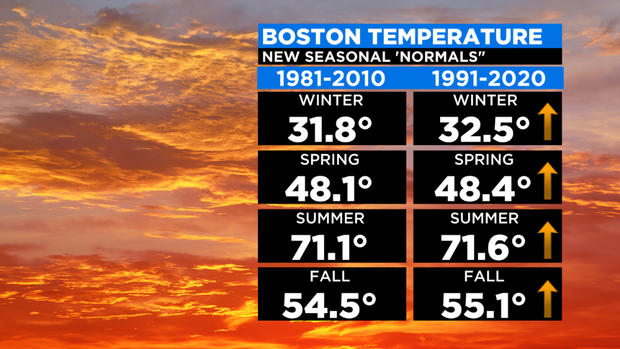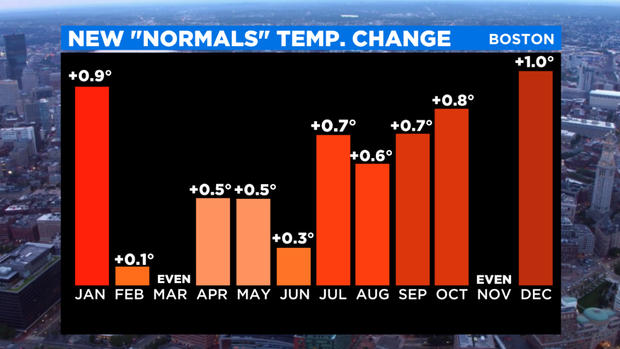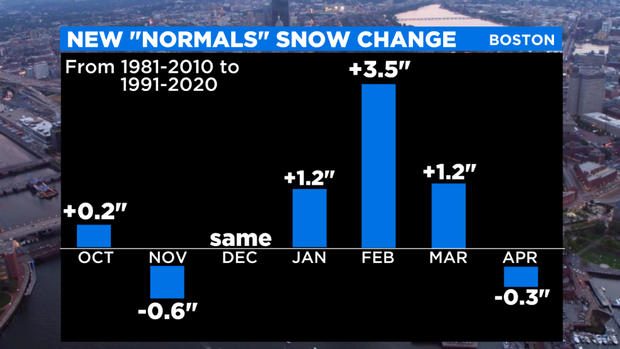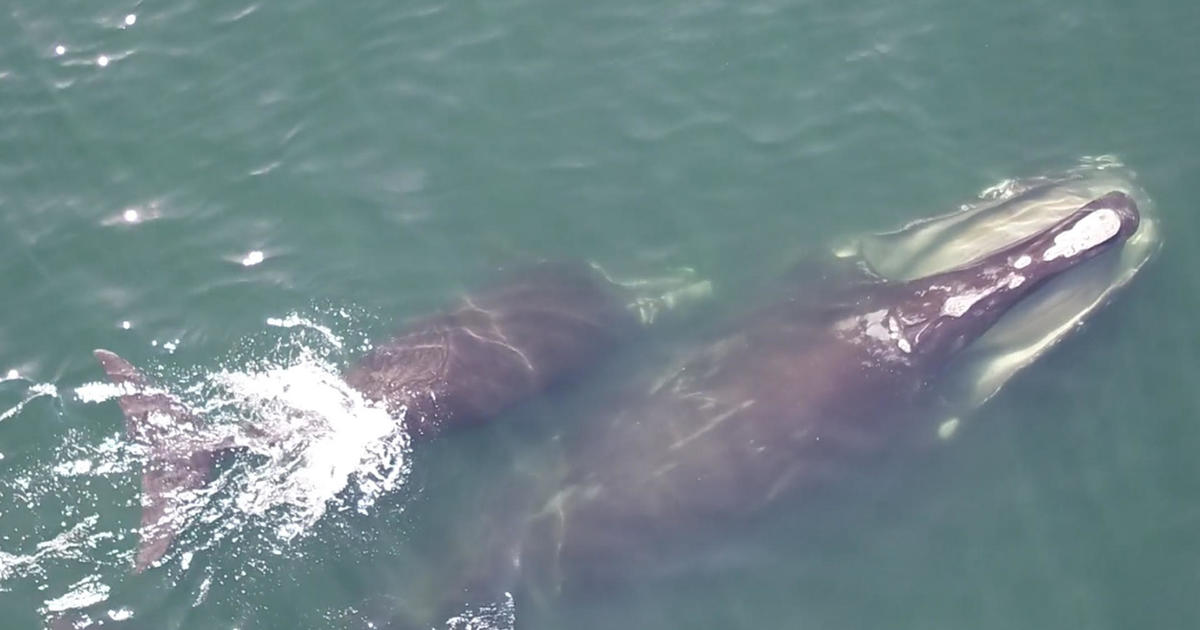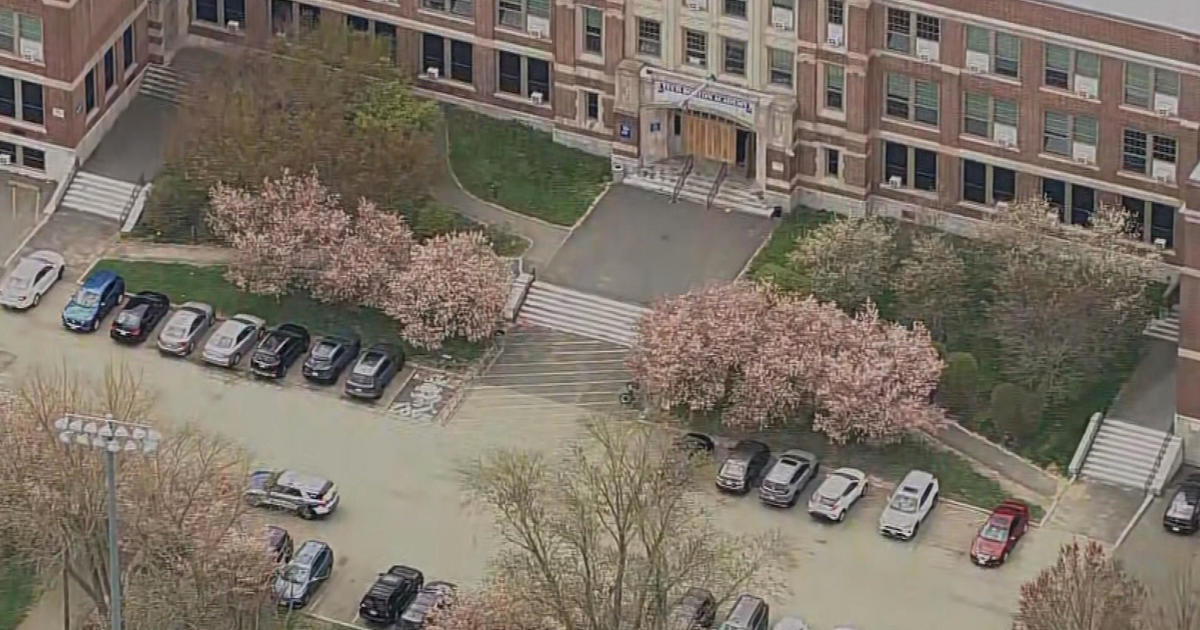New Normal For Weather: NOAA Updates Temperature, Snow Averages To Include 1991-2020
BOSTON (CBS) -- Welcome to the new normal.
No, not the mask-wearing, social distancing normal, this is the new weather normal.
I bet if I were to ask you what the "normal" weather was at any given time of the year I would get a whole variety of responses, one person's weather misery is another's dream. But, believe it or not, we do actually have a well-defined set of normal weather conditions for each day, month, season, and year. These conditions are based on 30 years of data and these are the numbers we use every day on TV when you hear our meteorologists refer to things like temperatures being above or below average or rainfall deficits or monthly/yearly snowfall amounts compared to the normal. NOAA has a defined set of weather averages and they base them off of the last 3 decades of weather data. For the last 10 years, meteorologists have been basing their data off of the 1981-2010 data set.
Now that we have turned decades and have another 10 years worth of new weather data, NOAA has shifted their normals to be based on 1991-2020 records. So, essentially we are tossing out the 80s (no more hairbands or hammer pants) and adding in the 2010s.
When I say "tossing out", I don't want to give the wrong impression. We don't simply discard old data, all the data will remain in our long-term climate records (for Boston this goes back to the 1870s). That 150 years worth of data still remains vital and is how we can compare modern times with pre-industrial times, giving us a crucial look at how our world is changing (for better or worse).
But, when discussing daily/monthly/yearly normals it is much more accurate to do so with the most recent 30 years of weather records, so bye-bye 80s, hello 2010s.
How does this change things? Well, as you can imagine, the temperature normals are, for the most part, warmer. So by that measure, the snowfall normals must be lower right? Wrong! Let's take a deeper dive into the new data…and pick out some of the more interesting changes…
TEMPERATURES:
No surprise here, our yearly average temperatures are rising.
In Boston, the yearly average went from 51.5 degrees using the old data set to 51.9 degrees with the new numbers.
Worcester's yearly average temperature rose from 47.9 degrees to 48.1 degrees.
Temperatures got warmer in all 4 seasons in Boston with the biggest rises occurring in fall and winter:
- Winter rise: +0.7
- Spring rise: +0.3
- Summer rise: +0.5
- Fall rise: +0.6
Looking at the monthly changes in Boston we see rises in 10 of 12 months, again some of the biggest increases in fall and winter months:
- January: +0.9
- February: +0.1
- March: even, no change
- April: +0.5
- May: +0.5
- June: +0.3
- July: +0.7
- August: +0.6
- September: +0.7
- October: +0.8
- November: even, no change
- December: +1.0
SNOWFALL:
You might think, warmer temperatures = less snowfall, but we are seeing just the opposite.
Boston yearly average snowfall increased from 43.9" to 49.2"
Worcester had an even bigger increase from 62.1" to 72.9"
Monthly average snowfall in Boston saw the biggest increase in February, now our biggest snow month, surpassing January
- October increase from 0.0 to 0.2"
- November decrease from 1.3" to 0.7"
- December stayed steady at 9.0"
- January increase from 13.1" to 14.3"
- February increase from 10.9" to 14.4"
- March increase from 7.8" to 9.0"
- April decrease from 1.9" to 1.6"
Why more snow given the milder temperatures? My theory would be warmer temperatures means more water vapor in the air…more moisture = more juice for snowstorms. Not to mention the oceans are much warmer now than they were in the past, also adding to the total water content rising in the atmosphere.
So there you have it, your new normal. At least for the next 10 years until we usher in another new data set in 2031. Gotta wonder what kinds of differences we will see then and how our "normal" will once again be changed forever.
